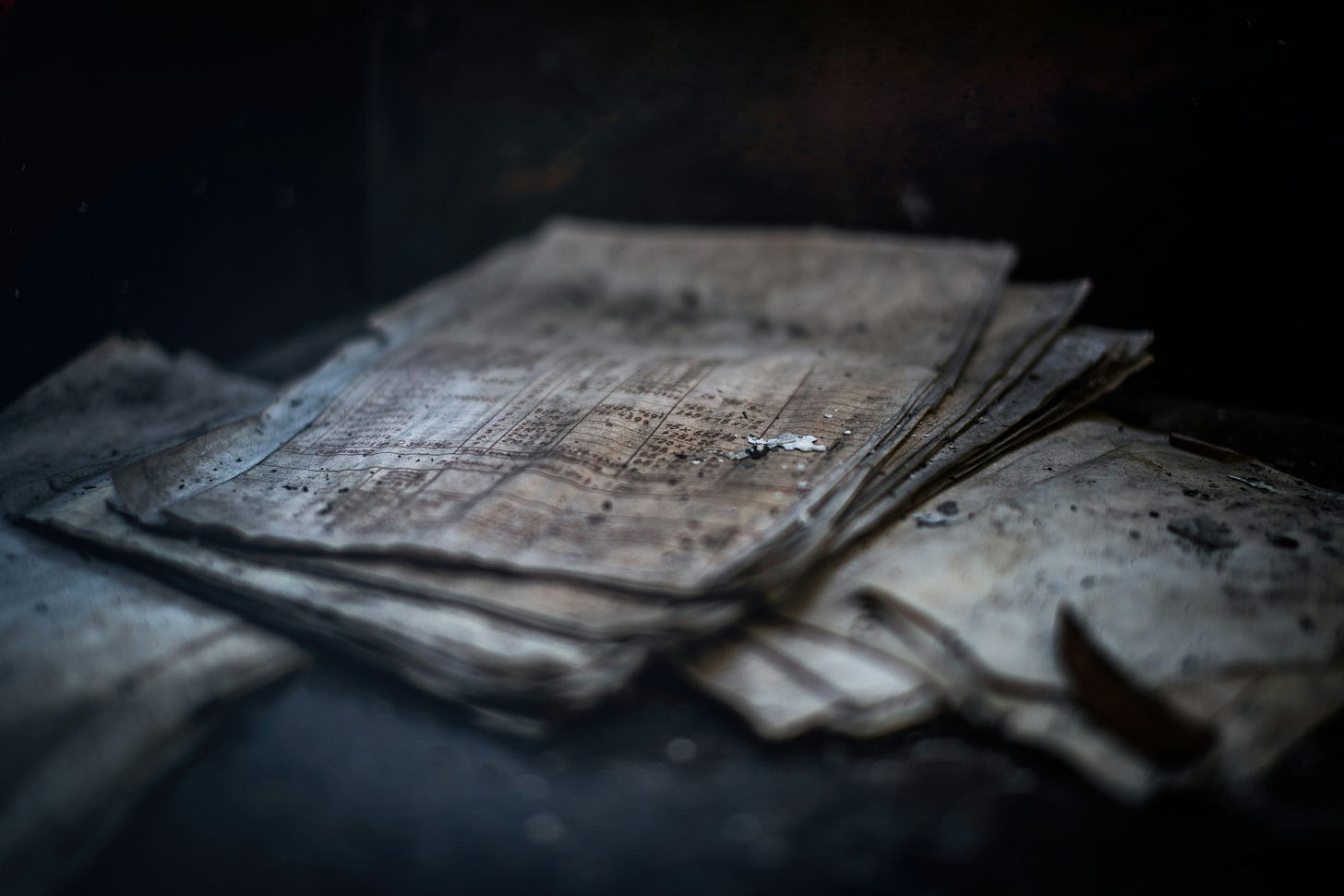Tired of destroying cultures abroad, the Brits are now doing it at home.
Finally realising that their military might is waning, that the once-great Royal Navy would struggle against a flotilla of rubber ducks, the Poms have returned to wrecking things the way they know best: through negligence.
What will happen after private collectors acquire the archive? Don’t know.
Will scholars be able to access the material? Don’t know.
Why aren’t British institutions offering to buy Orwell’s papers? Don’t know.

Although George Orwell’s reputation is monumental, it’s worth reflecting on how often we were nearly deprived of his insights which now seem so commonplace. For daring to write about what he saw in the Spanish Civil War, he couldn’t get his dispatches from there published in the New Statesman or other periodicals of the smug left-wing intelligentsia. (They saw Communism as the only defence against Fascism, and the worst of them excused or justified the Moscow Show Trials.) He often struggled to find a publisher for his books, which were rejected by editors such as T.S. Eliot and Victor Gollancz. He was frequently ill, and survived a sniper bullet shot through his throat in a Spanish trench. Had he stayed in Spain, the NKVD would have rubbed him out. Back in England, the erstwhile combatant continued to advance his cause as a writer.
But lest you think that Animal Farm and Nineteen Eighty-Four are the height of his achievement, you really ought to read (or reread) his journalism and essays. Who else could have written this?
“Political language – and with variations this is true of all political parties, from Conservatives to Anarchists – is designed to make lies sound truthful and murder respectable, and to give an appearance of solidity to pure wind.”
His standards for plain speaking are way too high for any politician. They shouldn’t be too high for journalists, and the only thing that prevents me from cursing all journalists is the reminder that Orwell was one too. He was as smart as anyone, but he knew that verbal cunning works like a smokescreen hiding the truth. Those who use woolly language tend to get promoted in British politics and media, and many public figures could buy the Orwell papers without noticing a difference in their bank balance. In 2014, the Harry Ransom Centre at the University of Texas in Austin paid $2 million for Ian McEwan’s archives. Mr McEwan is a great writer, but even his mother would admit that he isn’t as influential as George Orwell. Yet, no library, university, or museum in the British Isles can find the money for Orwell’s papers.
Most of his success is posthumous, but he faces being rejected again, this time by the compatriots who claim him as a hero and the archetype of common sense. Everything he wrote ought to be publicly available. In an era of tedious writing and vapid commentary, we need his archives to preserve a writer who still sounds so fresh.





Doesn't Britain have a National Archives? That would be the place for them.
part of the answer of why Britain's in such a mess (HT The Duke Report), or is it? let's take a look at the horror that is Britain's Invisible Empire - https://thedukereport.substack.com/p/britains-invisible-empire